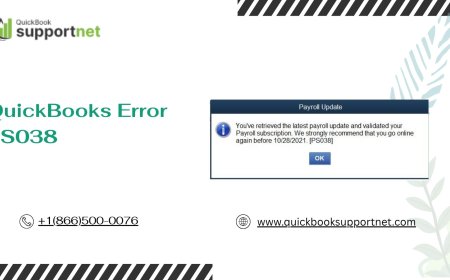Top Benefits of Strong Communication Skills for Nurses
Why are communication skills vital in nursing? Explore how nurses with strong communication build trust, ensure safety, and grow professionally in healthcare.

Communication lies at the very heart of nursing practice. It shapes the way nurses care for patients, interact with families, and coordinate with healthcare teams. For nurses, strong communication skills arent just an additional asset theyre essential for effective and compassionate care.
Imagine a nurse entering a patients room with a gentle smile, explaining procedures in simple words, listening without judgment, and reassuring anxious family members waiting outside. These small daily conversations build trust, comfort, and better health outcomes.
Building Patient Trust and Comfort
One of the biggest benefits of strong communication is developing trust with patients. When nurses clearly explain treatments, procedures, and medications, it helps reduce fear and confusion. Patients feel more involved and confident about their care plan.
Even casual conversations can support emotional wellbeing. Nurses often become a source of emotional comfort for patients who may be worried, lonely, or frightened during treatment.
Improving Patient Safety
Effective communication also plays a vital role in ensuring patient safety. Miscommunication is one of the leading causes of errors in healthcare settings. Nurses must pass on clear, accurate information about a patients condition, allergies, and treatment plans to doctors and colleagues during shift changes and emergencies.
Many students learn this skill during their diploma in nursing course, which teaches documentation accuracy, medical terminology, and strategies for patient interactions to avoid errors.
Enhancing Teamwork and Collaboration
Nursing is never a solo job. Every nurse works alongside doctors, technicians, allied health staff, and administrative teams. Strong communication makes teamwork smooth and productive. Nurses with good communication skills can delegate tasks effectively, advocate for patients confidently, and resolve conflicts calmly.
For instance, during emergencies, clear communication ensures quick decisions that can save lives.
Boosting Career Growth
Communication skills are directly linked to career growth. Nurses who express themselves clearly and confidently often take up leadership roles such as team leads or ward supervisors. Employers value professionals who can handle tense situations, guide teams, and maintain workplace harmony.
Those who pursue structured programs like a diploma in nursing course develop not just technical expertise but also essential soft skills, including effective communication, making them more employable in hospitals and healthcare centres.
Strengthening Relationships with Families
Families rely on nurses to keep them informed about their loved ones health. Nurses with good communication skills can handle sensitive discussions with empathy, explain medical conditions in laymans terms, and answer questions patiently. This builds trust and improves the hospitals reputation for quality care.
Reducing Stress and Burnout
Good communication benefits nurses themselves. Being able to express concerns, seek help, and discuss workloads openly reduces stress levels. Nurses who communicate effectively are better at managing workplace challenges, preventing burnout, and maintaining good mental health.
Promoting Cultural Competence
Indian healthcare is diverse, with patients coming from different languages, regions, and cultures. Nurses with strong communication skills adjust their approach to suit cultural sensitivities, ensuring patients feel respected and understood.
Encouraging Patient Participation
Communication empowers patients to participate in their own care. Whether its educating them about wound care, medications, or diet changes, nurses act as educators. This improves treatment adherence and leads to better long-term health outcomes.
Conclusion
In nursing, strong communication skills go far beyond words they build patient trust, ensure safety, strengthen teamwork, and support career growth. Nursing is a profession built on compassion, knowledge, and connection. For students aiming to enter this field, enrolling in a diploma in nursing course will equip them with technical expertise as well as these vital communication skills, ensuring theyre ready to provide safe, empathetic, and effective care.
FAQs
Q1. Why is communication important in nursing?
Communication helps nurses build trust with patients, ensures accurate information exchange, improves teamwork, and enhances patient safety and satisfaction.
Q2. How can nurses improve their communication skills?
Nurses can improve communication by practicing active listening, maintaining eye contact, using simple language, being empathetic, and enrolling in courses that include soft skill training.
Q3. Does a diploma in nursing course teach communication skills?
Yes, most diploma in nursing courses include modules on communication to prepare students for effective patient care, team collaboration, and professional growth.






































